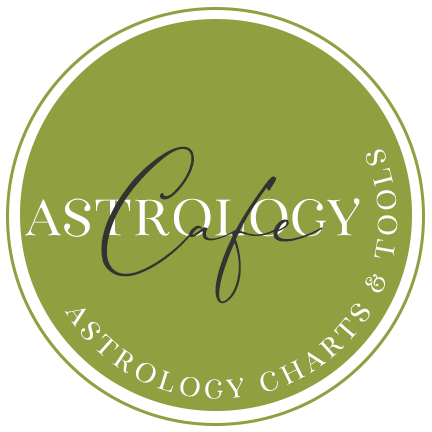Sexual Aromatherapy: Using Scent as an Aphrodisiac
Aphrodisiacs in History
Despite the incontrovertible fact that no love potion in the world that will blow your mind better than love itself, history has indicated that when the world ends, Viagra will probably be looked back upon the greatest invention ever. What the hey, popping a pill beats tracking down and killing rhinos.
The rhino’s horn is even today seriously considered such a powerful aphrodisiac that the animal faces extinction in part because they have been hunted down specifically for their horn. This belief has always has been strong in the East and continues to be so today. The actual properties of a rhino horn that elevates sexual vitality and lifts the level of the libido remains a mystery, but stories of great feats of sexual dynamism are legion, even if the may also be apocryphal. Also from the Far East comes the stories of how a love potion can be made from the material that certain birds expel from their beaks during the process of making their nest. The next time you enter an authentic Oriental restaurant and overhear someone asking secretly for bird’s nest soup, you may just want to ask for it yourself. That secretion from the bird is said to be highly stimulative.
There has long been a myth, since debunked, that honey is some sort of wonder food, but for most of history it has been considered a dependable aphrodisiac either by itself or concert with other foods. One love potion that was popular among the Byzantines was a cake that was made with donkey milk and honey. No less than the Father of Medicine himself, Hippocrates, advocated this delicacy to add zoom to the womb and zang to the wang.
Typically, however, the history of aphrodisiacs is centered on herbs, plants and spices. Among the superstars in the world of love potions was the tomato which for centuries was actually known as the “apple of love.” Those lusty folks in the south of the European continent were very fond of tomatoes and ate them by the bushel where, in concert with their Catholicism, they produced massive amounts of children, whereas the British were so uptight that they discouraged the partaking of apples of love. You can guess who took this idea and ran: Puritans. The Puritans, who must have had a rod up the rod of their collective butts, were so outraged by the alleged sensual properties of the tomato that they conspired to forward the rumor that the vegetable or is it a fruit was actually poisonous. So successful were these founding members of the Religious Right that, like their ancestors today, they were successful in enforcing their morality on the public at large; tomatoes essentially disappeared from the British diet for a couple of centuries.
Mandrake is a favorite herb for many superstitious and mythical beliefs, an aphrodisiac among them. You can even find a reference to mandrake as an effective fertility herb in the Biblical story of Rachel and Leah. Marigolds, too, have been looked upon as love potion ingredients. In fact, marigolds even have a nickname in honor of their sexual properties: “summer brides.” I have to go with the marigold myself since the legends of this aphrodisiac revolve around the idea of long-lasting love being the key to continued desire. Not that marigolds don’t have their dark side. In the Dark Ages, women who suspected that they were indeed just “summer brides” and that come fall their man would be searching elsewhere would take marigold seeds and place them into the dirt into which their husband’s footprint could be found. It was believed that this practice and only this practice could blind a man’s eye for other women.
History also teaches us to beware of aphrodisiacs. Just like commercials for Viagra tell men to beware of any erection lasting long than four hours–is there any man who actually needs to be told this information–older love potions have caused their fair share of pain. The legend of the famous poet Lucretius has it that his eventual insanity was the direct result of ingesting an aphrodisiac. My advice? Forget magic and superstition and instead find yourself a partner who makes you hotter than ever after twenty years.
by Tim Sexton











